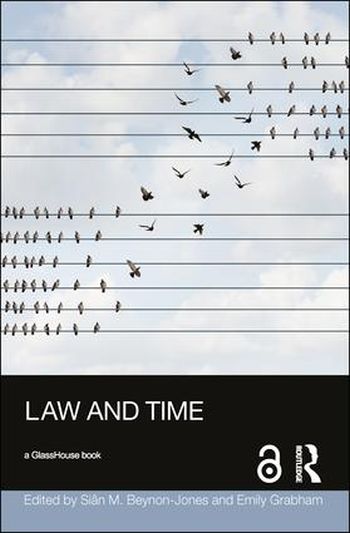
Research on law's relationship with time has flourished over the past decade. This edited collection aims to put law and time scholarship into wider context, advancing conversations on time and temporalities between socio-legal scholars, anthropologists, sociologists, geographers, and historians. Through a diverse range of contributions, the collection explores how legal modalities of time emerge and have effects within wider clusters of social and political action.
Themes include: law’s diverse roles in maintaining linear historicist models of time; law’s participation in the materialisation of times; and the unsteady effects of temporal pluralism and ‘polytemporalities’ in law. De-naturalising the ‘time’ in law and time scholarship, this collection positions time as something that can be enacted and materialized as well as experienced, with distinct implications for questions of social justice.